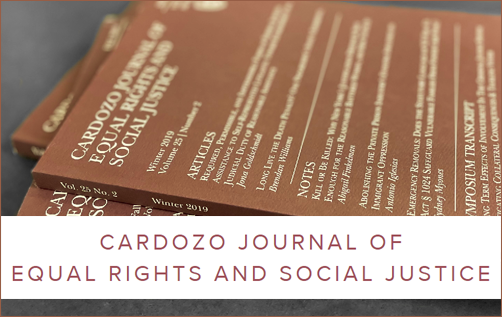Document Type
Blog Post
Publication Date
2-9-2024
Abstract
In 2018, Natassia Smick and her husband filed their income tax return showing earnings of about $33,000. They expected a refund, $2,000 of which is attributed to the Earned Income Tax Credit. The Earned Income Tax Credit (EITC) is a tax credit “for working people with low and moderate incomes. It boosts the incomes of workers paid low wages while offsetting federal payroll and income taxes.” The EITC aims to reduce poverty, and in 2018, the credit “lifted about 5.6 million people above the poverty line.” Smick, like many other families, relied on her tax refund to help pay her credit card debt and other household expenses. Instead of a refund, Smick received a letter from the IRS stating she was going to be audited. After submitting bank statements, birth certificates, and proof that her child lives with her, the IRS would not review her documents for at least another six months. Smick’s story is representative of many others and fits within a pattern where “[i]n the past decade, the IRS has audited low-income taxpayers who claimed the Earned Income Tax Credit (EITC)—with an average annual income under $20,000—at a higher rate than people making $500,000 to $1 million dollars a year.” The IRS has engaged in a practice of auditing low-income taxpayers because “it is cheaper and easier than auditing the rich.” However, the harm of the audits is disproportionately affecting minority taxpayers.
This post was originally published on the Cardozo Journal of Equal Rights and Social Justice website on February 9, 2024. The original post can be accessed via the Archived Link button above.
Recommended Citation
Galan, George, "The IRS Audits an Easy Target — The Poor" (2024). Cardozo Journal of Equal Rights and Social Justice (ERSJ) Blog. 66.
https://larc.cardozo.yu.edu/ersj-blog/66



